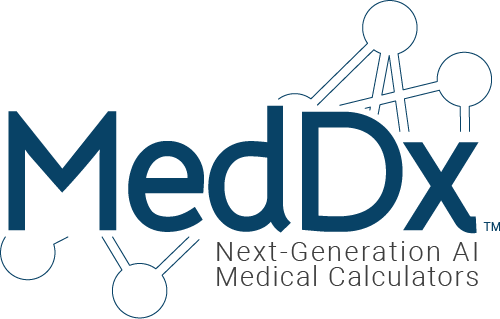In the realm of healthcare transformation, machine learning is propelling the concept of personalized medicine to the forefront. How can the integration of predictive analytics revolutionize the way medical treatments are tailored to meet the unique needs of individual patients?
What is personalized medicine?
Personalized medicine, also referred to as precision medicine, aims to move away from the traditional one-size-fits-all approach. Machine learning contributes to this paradigm shift by analyzing vast amounts of patient data, including genetic information, electronic health records, and lifestyle factors? One of the key promises of personalized medicine lies in predictive analytics. Machine learning algorithms assess the likelihood of a patient’s response to specific treatments based on their unique characteristics that can minimize the all-too-common trial-and-error approach in healthcare interventions.
What is a real-world example of personalized medicine?
A fundamental aspect of personalized medicine facilitated by machine learning is the customization of medications and dosages. This tailoring process, informed by individual patient data, enhances the effectiveness of treatments while minimizing potential adverse effects. However, as with any transformative approach, the implementation of personalized medicine presents challenges. Issues such as data privacy, security, interdisciplinary collaboration, and ethical considerations require careful navigation to ensure the responsible and effective deployment of this emerging field.
The integration of machine learning into personalized medicine signifies a paradigm shift in healthcare delivery. This approach holds the potential to revolutionize treatment strategies, emphasizing a patient-centric model that tailors medical interventions to the unique needs of each individual.

